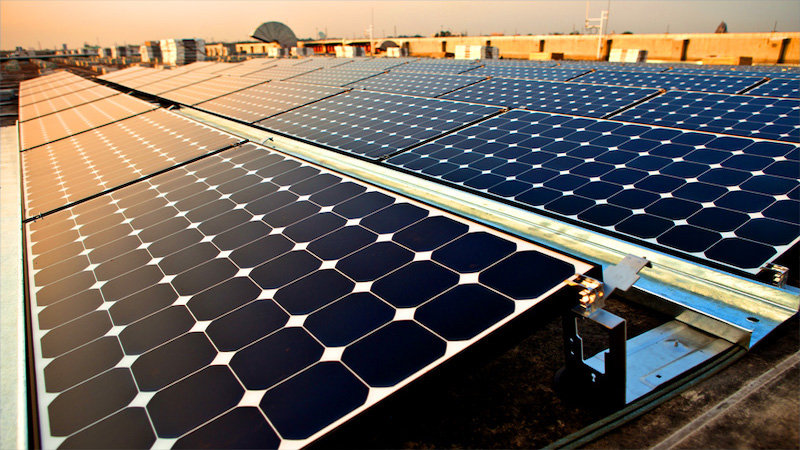A Vietnam government partner suggested that even Hanoi is unaware of the details of the energy transition package
A government partner in a $15.5 billion deal to help Vietnam move away from coal has described the package as a “black box”.
Details of the agreement to accelerate Vietnam’s energy transition remain unclear even to the southeast Asian nation, according to Sunita Dubey, Vietnam’s country lead for the Global Energy Alliance for People and Planet (Geapp), which supports the government’s transition plans.
“The terms and conditions for… the funding are not currently clear to the broader development community, including the [Vietnamese] government. We have been asking G7 [countries]. I believe even Vietnam has been asking G7,” Dubey told Climate Home in an interview, lamenting a lack of transparency over the financing arrangements offered by wealthy nations.
She added that the details should be revealed in an investment plan expected later this year.
In December 2022, Vietnam became the third country to agree a Just Energy Transition Partnership (JETP) with a group of wealthy countries and development banks to wean itself off coal, which currently generates most of its electricity.
Criticism over the lack of transparency of the deal follows similar concerns over the secrecy of energy transition agreements struck with South Africa and Indonesia.
Rich nations mobilise $15.5bn for Vietnam’s coal-to-clean transition
The group of donor countries is known as the International Partners Group (IPG). It consists of G7 nations, plus the EU, Norway and Denmark.
The agreement will help Vietnam peak its emissions by 2030 – five years earlier than planned – and enable the country to source close to half of its power from renewable energy.
The funding is due to be mobilised over the next three to five years. Half of the money will come from governments, the Asian Development Bank and the International Finance Corporation, the World Bank’s private sector arm.
The rest will come from private investment co-ordinated by the Glasgow Financial Alliance for Net Zero.
Lack of transparency
Like in Indonesia, the contribution made by each government has not yet been revealed.
Climate Home previously reported on how the details of the Indonesian package are similarly shrouded in secrecy. The breakdown of South Africa’s financing package was kept under wrap until Climate Home obtained a summary of the breakdown.
In all three negotiations, the share of loans versus grants was a key battle line.
“We don’t have any visibility on how it will come, what the grant amounts will be, and for the loans what the concessionality will be,” said Dubey, adding that there’s “no transparency”. Concessionality refers to the terms of loans below market rate.
Geapp collaborates with the Vietnamese government on capacity-building, research and technical assistance for the country’s just energy transition plans.
A spokesperson for the European Commission told Climate Home that funding arrangements “will be subject to further discussion among the parties”.
Governments sworn to secrecy on ‘$20bn’ for Indonesia’s energy transition
Jake Schmidt, of the US-based Natural Resources Defense Council, expects the Vietnam deal to mirror the South African one. “I believe grants will be a pretty small percentage, alongside loans with better terms than they would get in the market,” he told Climate Home.
The South Africa deals includes less than 4% of grants.
To receive the funding, the Vietnamese government is tasked with sketching out an outline of the investment opportunities and the measures required to deliver the energy transition. The deal gives Vietnam until November to submit an initial plan.
From coal to clean energy
Vietnam is among the world’s top 20 coal users and currently relies on the fossil fuel for around 50% of its electricity generation.
To deliver on the energy transition deal, the government must first overcome the administrative roadblocks that have thwarted the delivery of its energy plans. The country’s Power Development Plan 8 (PDP-8) - its blueprint for energy policy until 2030 - has been delayed for two years.
“The PDP-8 has to be modified because the drafts circulated
Read More

